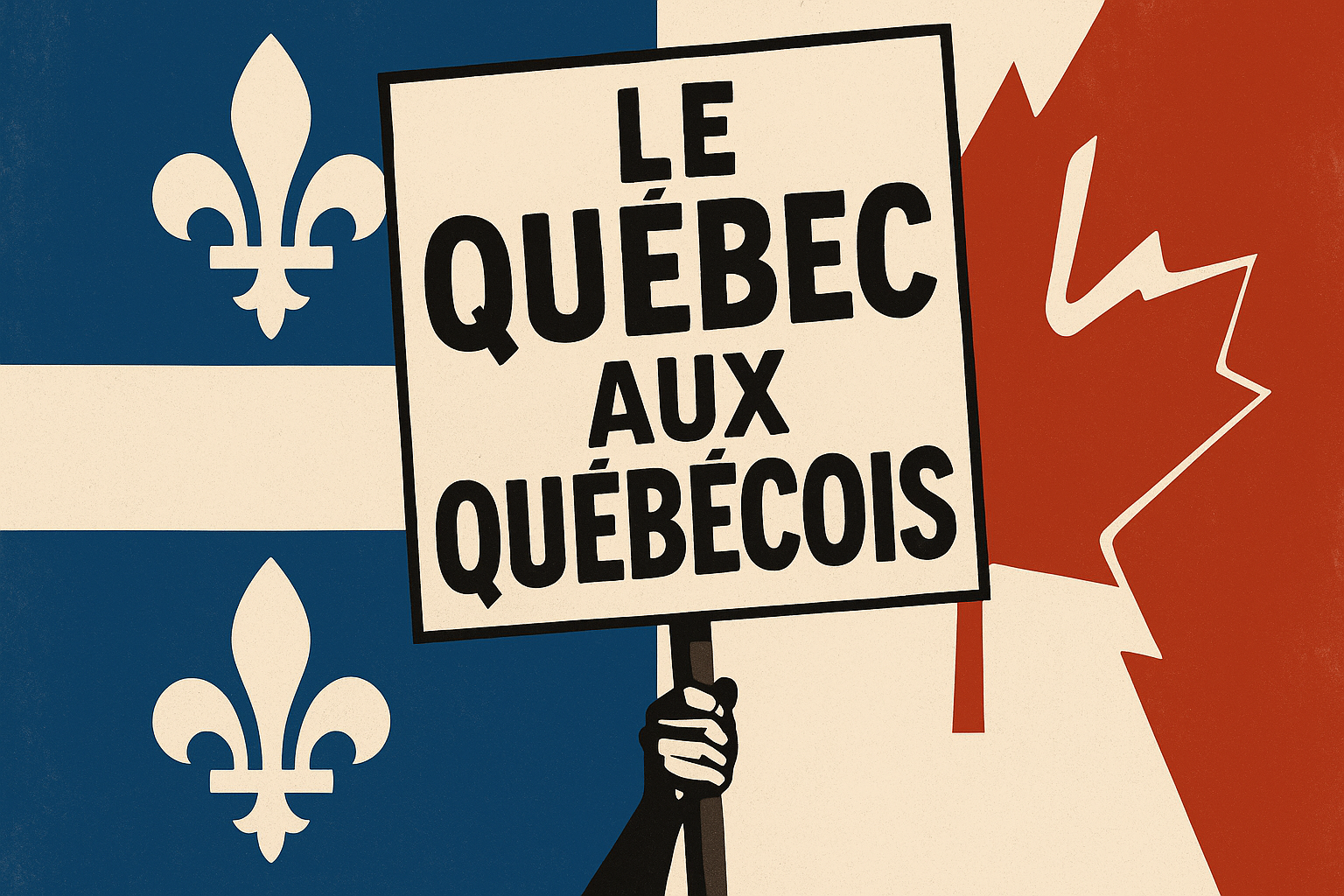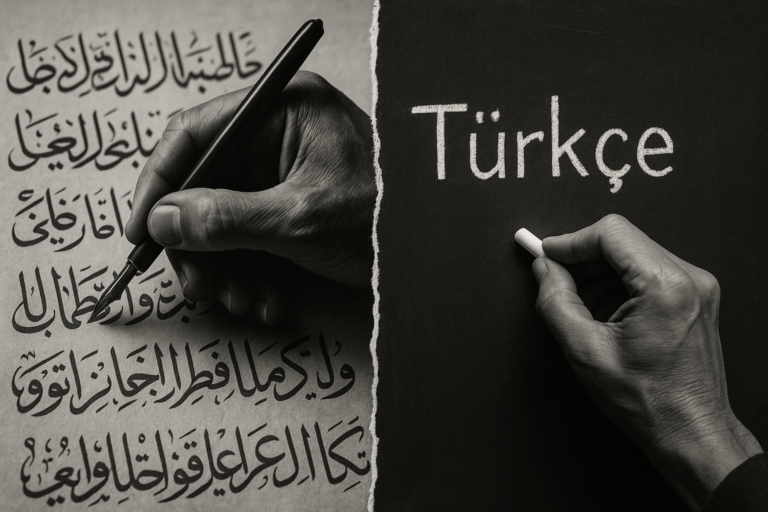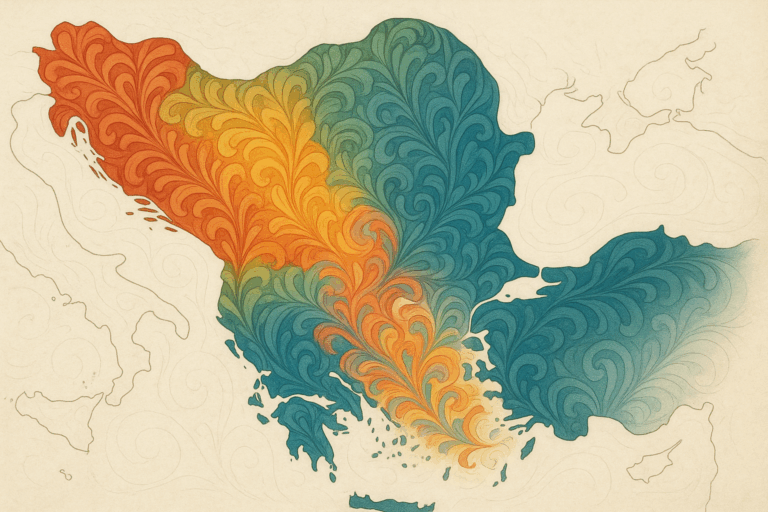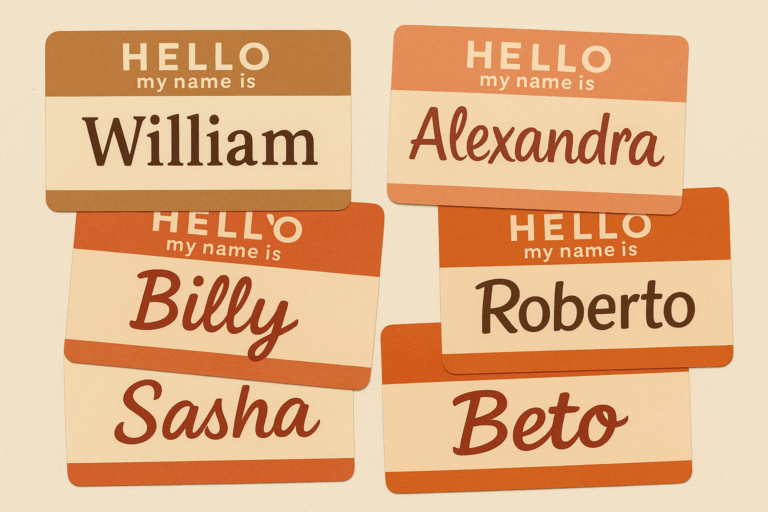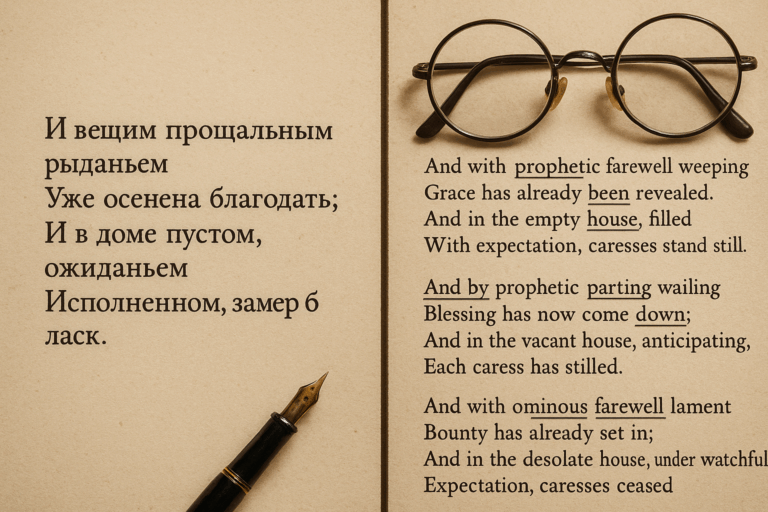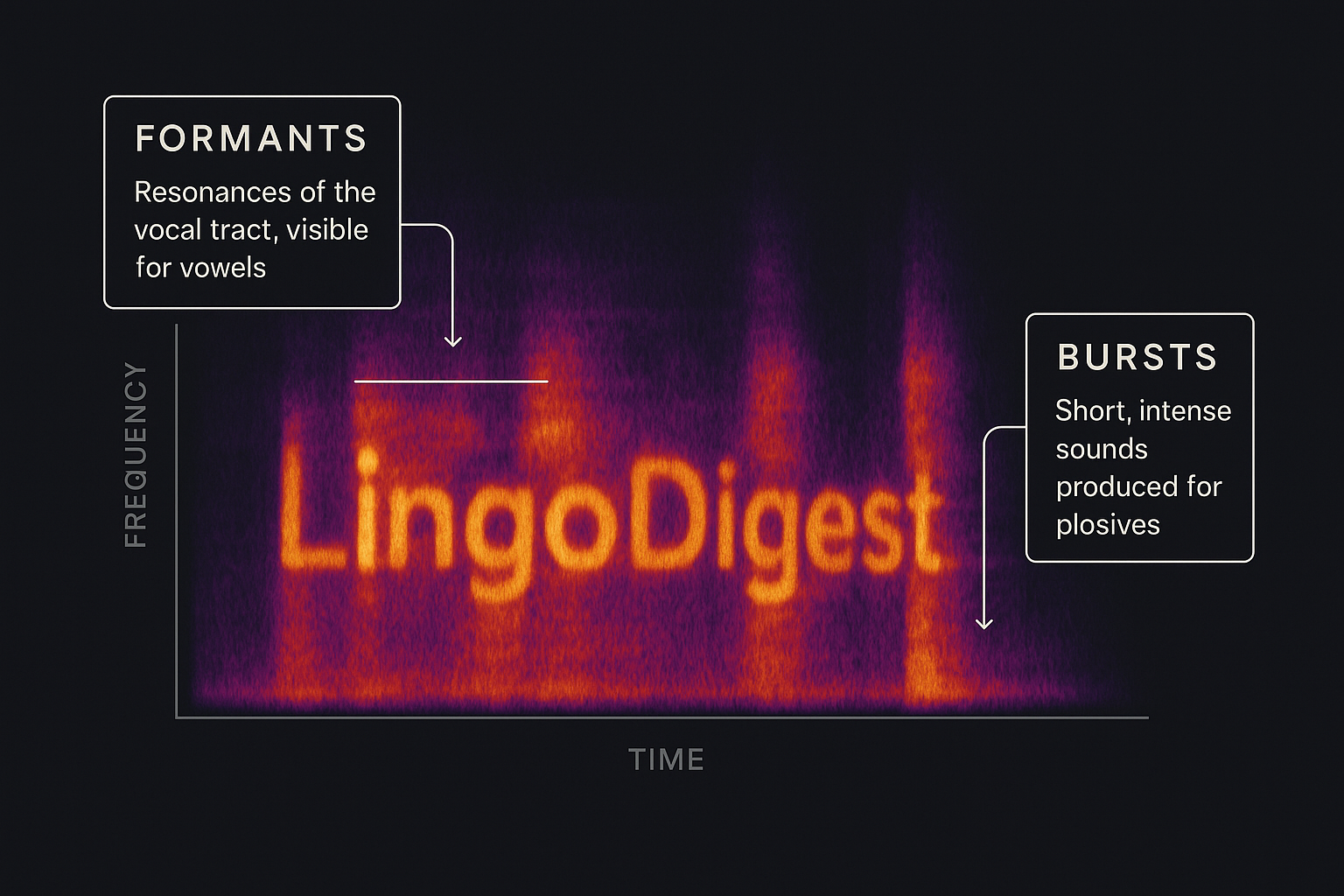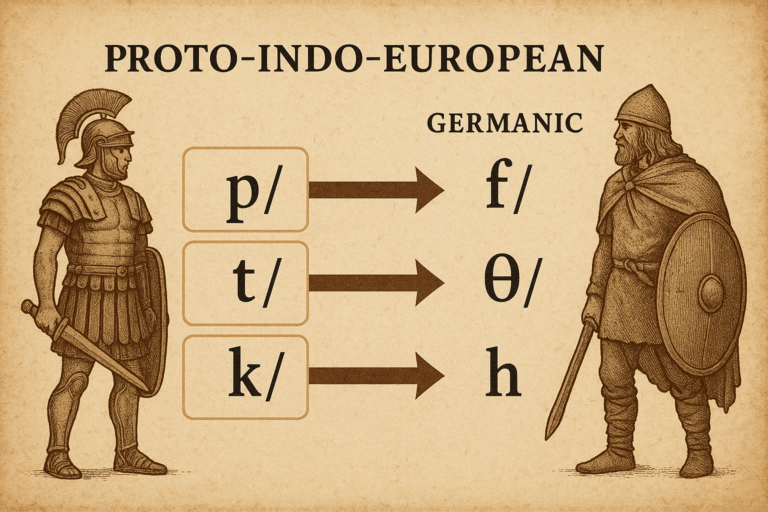Stamped on every license plate in Quebec is a two-word phrase that serves as both a provincial motto and a profound cultural statement: “Je me souviens.” I remember.
But what, exactly, is being remembered? It’s not just a single event or a bygone era. It’s the memory of a struggle, a cultural near-death experience, and the subsequent fight to reclaim and assert a unique identity in an overwhelmingly Anglophone North America. This fight wasn’t waged with armies, but with legislation, dictionaries, and school curricula. At its heart is the story of how the French language became the central pillar of modern Quebec.
The Two Solitudes: A Language of Power and a Language of the People
To understand Quebec’s language laws, you must first understand the world before them. Following the British conquest of New France in 1760, a clear sociolinguistic hierarchy emerged. English became the language of commerce, industry, and power. The boardrooms of Montreal, the names on the big downtown department stores, the commands on the factory floors—they were all in English.
French, while spoken by the vast majority, was relegated to the language of the home, the church, and the farm. This created what author Hugh MacLennan famously called the “two solitudes”: two communities living side-by-side, but fundamentally separate, with one holding the economic keys to the kingdom. For a French speaker to get ahead, they had to learn English. The reverse was rarely true. This linguistic imbalance was a source of deep-seated resentment that simmered for generations.
The Quiet Revolution: “Maîtres chez nous”
The 1960s changed everything. This period, known as La Révolution tranquille (the Quiet Revolution), was a whirlwind of social and political transformation. Quebec rapidly secularized, casting off the Catholic Church’s deep-rooted control over education and social services. The provincial state expanded, nationalizing key industries like hydroelectricity under the powerful slogan, “Maîtres chez nous”—Masters in our own house.
This desire for self-determination was inextricably linked to language. If the Québécois were to be masters in their own house, that house had to speak French. The government began to see language not just as a cultural artifact, but as an instrument of social and economic policy. It was the key to ensuring that French-speaking citizens could live, work, and thrive in their own language.
Bill 101: The Charter that Changed Everything
After a series of preliminary language laws in the late 60s and early 70s, the newly-elected nationalist Parti Québécois government, led by René Lévesque, passed the landmark Charter of the French Language in 1977. Better known as Bill 101, it was a radical and comprehensive piece of legislation designed to fundamentally reshape Quebec’s linguistic landscape.
Its key provisions were transformative:
- Official Language: It declared French the sole official language of Quebec, making it the language of government, the courts, and public institutions.
- Language of Work: It required businesses with 50 or more employees to implement a “francization” program to ensure French was the normal, everyday language of work. This meant communications, manuals, and software had to be available in French.
- Commercial Signage: Perhaps the most visible change, Bill 101 mandated that French be the predominant language on all public signs and commercial advertising. This is why you see “Arrêt” instead of “Stop” on stop signs—a powerful daily reminder of the law’s impact.
- Language of Education: In a highly controversial move, it severely restricted access to English-language public schools. From then on, most children, including those of immigrants, were required to attend French-language schools. The goal was clear: to integrate newcomers into the French-speaking majority and reverse decades of assimilation into the English minority.
The “Language Police”: Enforcing the French-First Reality
To enforce this sweeping charter, the government empowered an existing body with a new, stronger mandate: the Office québécois de la langue française (OQLF). Quickly nicknamed the “language police” by its critics, the OQLF’s job is to handle complaints and ensure compliance with the Charter.
The OQLF has been a source of endless controversy, often accused of overzealousness. The most infamous example is the 2013 “pastagate” scandal, where inspectors sent a letter to a Montreal Italian restaurant for using the word “pasta” on its menu instead of the French equivalent, “pâtes”. The public outcry and ridicule forced the OQLF to backtrack, but the incident cemented its reputation for bureaucratic nitpicking in the minds of many.
However, the daily work of the OQLF is often more mundane and supportive. It helps businesses develop their francization plans, provides terminology resources for new technologies, and promotes the value of French in the workplace. While its enforcement role gets the headlines, its primary function is to be the institutional guardian of the French language in Quebec.
A Legacy of Success and Ongoing Debate
Did Bill 101 work? By most measures, yes. The “visage linguistique” (linguistic face) of Montreal, once dominated by English, is now unmistakably French. French is now the common language of public life and the workplace, and the economic gap between anglophones and francophones has narrowed significantly.
But the fight is not over. The rise of the internet, the global dominance of English-language media, and concerns about the declining use of French in Montreal have spurred new debates. In 2022, the Quebec government passed Bill 96, an act that further strengthens the provisions of the original charter, extending them to smaller businesses and government services.
The story of “Je me souviens” is the story of a people who, faced with the prospect of linguistic and cultural assimilation, chose to act. They used the democratic tools at their disposal to legislate their language back into a position of strength. It’s a powerful, and at times controversial, testament to the idea that for a culture to survive, its language must not only be spoken—it must be seen, heard, and used in every facet of daily life.
